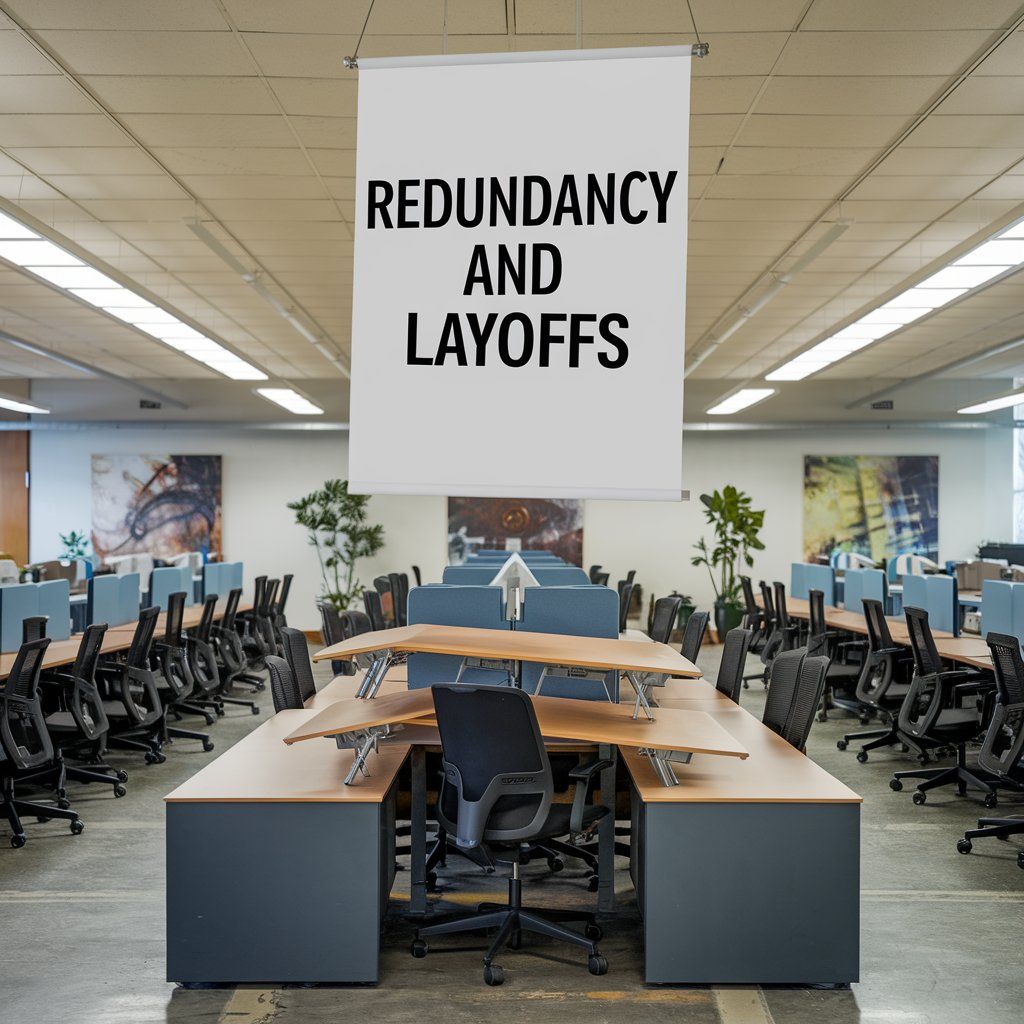Can I still have contact with my children during national lockdown?
Coronavirus: Contact with your children during national lockdown
Following the government announcement of a further National Lockdown, you may be wondering what this means for contact with your child/children.
Whilst the “stay at home” message in place, this does not prevent children under the age of 18 from moving between both parents homes for contact, and some contact centres also remain open to facilitate supported or supervised contact.
Can my child move between households?
The Judiciary released guidance for parents in March 2020. This guidance suggests that parents should sensibly consider whether a child can safely move between households and wherever possible, parents should communicate any concerns that they have with the other parent.
Things for both parents to consider
Whether it is appropriate for contact to continue will depend on the individual circumstances of your family and any risks that are specific to you or your children. As always, you should consider what will be in the best interests of your child/ children and if contact can proceed safely, then it should.
In considering whether contact should continue, it is important to consider any impact that changing arrangements or stopping contact will have on your child/children, as well as any health concerns. It may also be worth considering if contact would benefit from being altered in a way that alleviates either parents’ concerns.
Parents in agreement not to continue with usual contact arrangements
If both parents do agree that the child/children are unable to continue moving between households for contact, it would be a good idea to consider alternative arrangements such as indirect contact. This could be video calls via facetime or zoom, telephone calls and where appropriate, text messaging.
If there is a Court Order in place that specifies when and how often a child/children spends time with each parent and if both parents are in agreement that this should change temporarily, it is suggested that it is confirmed in writing, text messages or emails would be sufficient. This can help to avoid a dispute arising later on. It would also be good practice to do this if your arrangements are informal with no court order in place.
Parents not able to come to a mutual agreement
If you are unable to come to a mutual agreement about whether your child/children should continue to move between households, a Court may be asked to consider the position and they will look at whether a parent has acted reasonably and sensibly in light of the government advice at the time.
It is important to remember that we are in very unprecedented times and any changes that may need to take place now are only intended to be temporary. The most important thing is for the child/children to maintain regular contact with both parents even if it means being more creative by using technology.
How can we help?
Where you are having difficulty discussing the arrangements for your child/children with the other parent, you may wish to consider speaking to a member of our Family team. Our office doors may be closed but we continue to offer our full range of services during lockdown via a number of contactless ways. We are avoiding face to face appointments unless absolutely necessary.
Contact Us




